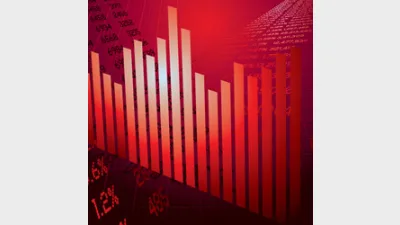State Street Global Advisers to build Australian ETF offering



State Street Global Advisers intends to build its Australian suite of exchange traded funds (ETFs) by designing a new range of offerings to give investors access to different parts of the market, according to State Street's recently appointed head of exchange-traded funds for Asia Pacific, Frank Henze.
Henze stressed the firm's commitment to grow its suite of ETF products through innovation, but rather than releasing a whole suite of new products the firm would look to gauge the market's needs to ensure the products it released were suitable, he said.
The next offering would likely be a fixed income ETF, adding to the four products already in the Australian market - ETFs based on the S&P/ASX 200 and S&P/ASX 50 indexes, a listed property ETF benchmarked to the S&P/ASX 200 Listed Property Index and a high-dividend yield ETF based on the MSCI Australia Select High Dividend Yield index. The firm's 12 Asia-Pacific ETF offerings also include a further eight ETFs in Hong Kong, Japan and Singapore, he added.
The S&P/ASX 200 index is a core driver of ETFs in Australia due to its recognition among investors, recognised liquidity and confidence investors draw from that index in terms of being embedded within the infrastructure in Australia, Henze said.
ETFs would continue to grow in importance due to a renewed focus on transparency and liquidity, he added.
This would be particularly influenced by self-managed super fund and high-net-worth investors who were looking for simple and low-cost access to particular segments of the market, but Henze anticipated that those same factors would also appeal to institutional investors in Australia.
Recommended for you
Australia’s average superannuation balance has climbed to a record high, with women’s savings share rising and reliance on the age pension falling.
APRA has softened several governance reform proposals following extensive consultation with banks, insurers, and super funds across Australia.
The super fund’s CEO has confirmed he will finish his role in 2026.
New data shows millions of Australians have little idea how their super funds have performed over the past year.









